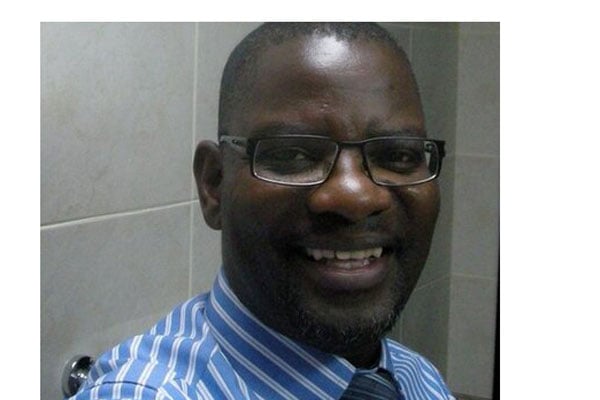In Zambia, like in Uganda, politics and faith are drivers of corruption

Author: Musaazi Namiti. PHOTO/FILE
What you need to know:
- In many African countries, religion is being used to cover up criminality.
Zambia has been in the news lately, and as many people who keep track of news and current affairs know, it has a new president named Hakainde Hichilema.
The country is praised by many, some Ugandans, for being a functioning democracy and for conducting smooth transfer of power since 1991, when it embraced multiparty democracy.
But when Mr Hichilema, 59, took office and started talking to the media, he made comments that not only shocked people but also raised questions about how a ‘functioning’ democracy, led by deeply religious leaders, remains a den of thieves.
According to the BBC, Mr Hichilema said in an interview that he had inherited an “empty” treasury and that “horrifying” amounts of money had been stolen. He did not say the money could not be accounted for; he said it had been stolen. That difference matters.
“People are still trying to make last-minute movements of funds, which are unauthorised, which are not theirs,” Mr Hichilema said.
If you followed Zambia’s elections closely, you must have witnessed many instances where the country’s religiosity was at full display: the president was clutching the Bible as he took the oath of office, and religious leaders attended his inauguration.
What is more, Edgar Lungu, who lost the presidency, churned out tweets that read like they were composed by people who wrote the Bible.
“We must always remember the grace of God; that apart from Him we can do nothing,” he tweeted on August 24, when Mr Hichilema was sworn in. “We remain a blessed and peaceful nation in Him who is the Prince of Peace. To Him be glory forever.”
In the blessed nation, large amounts of public funds, like in Uganda, are stolen and the incoming president is left to lament that he is inheriting an empty treasury.
And you have to wonder: What do religion and democracy do for Zambia if its public funds are stolen with impunity and the culprits remain at large?
Zambia has had a history of corrupt leaders, just like Uganda. And the same is happening in many other African countries where millions of people have been led to think that religion fosters morality.
Here is a classic example from Zambia. Frederick Jacob Titus Chiluba, who took over from Zambia’s founding president Kenneth Kaunda, was a pious man who was jailed for stealing $46m of public funds.
Writing about his court appearances in 2009, The New York Times quoted Justice Peter Smith of the High Court as saying that Mr Chiluba earned a salary of only about $10,000 a year during his 10 years in office, but he spent more than $500,000 in a single shop, Boutique Basile, in Geneva, Switzerland.
The shop owner testified in 2008 that payment for the former president’s clothes sometimes arrived in suitcases stuffed with cash. He had more than 100 pairs of size 6 shoes, the Times wrote, many affixed with his initials in brass. He was vertically challenged, a little over five feet tall, and each pair had heels close to two inches high to help enhance his height.
The parallels between Zambia and Uganda are striking. In Uganda, we have many Bible-toting politicians; politicians who have memorised the Bible and Quran and regularly cite verses from these books but are patrons of corruption. They cannot account for the wealth they have amassed.
In many African countries, religion is being used to cover up criminality, to conceal wealth gained corruptly, to cling to power, to rig elections and then attend public events and cite Bible verses.
Mr Namiti is a journalist and former Al Jazeera digital editor in charge of the Africa desk
[email protected] @kazbuk




